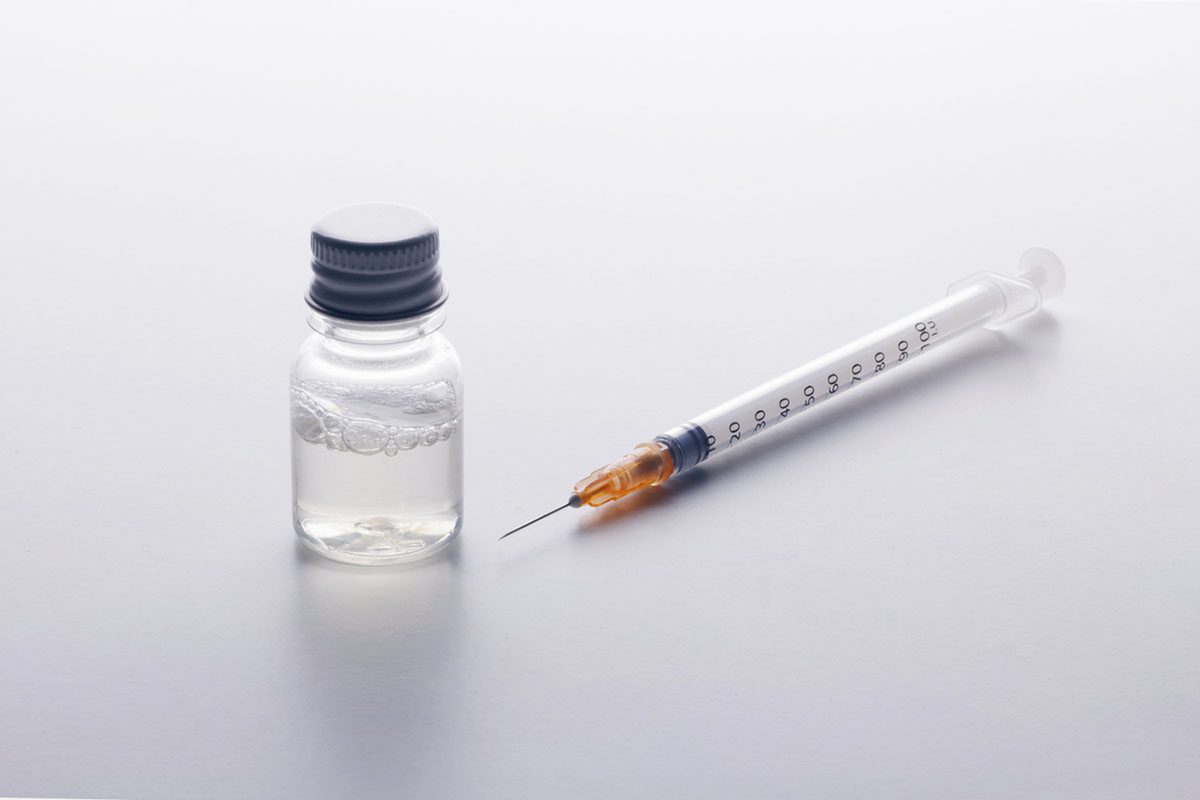Because this piece does not have an abstract, we have provided for your benefit the first 3 sentences of the full text.
To the Editor: We read with great interest the article by Risgaard et al regarding the increased rate of sudden cardiac death (SCD) in young psychiatric patients. The authors suggest an involvement of antipsychotic treatment in these deaths, thus confirming a serious problem in mental health and psychopharmacotherapy. Once the incremental risk of SCD was associated with antipsychotic medications, the further question should be whether physicians are correctly evaluating and preventing this risk in clinical practice.
See article by Risgaard et al
This work may not be copied, distributed, displayed, published, reproduced, transmitted, modified, posted, sold, licensed, or used for commercial purposes. By downloading this file, you are agreeing to the publisher’s Terms & Conditions.
Sudden Cardiac Death Related to Antipsychotics: Beyond the Long QT Syndrome Hypothesis
To the Editor: We read with great interest the article by Risgaard et al1 regarding the increased rate of sudden cardiac death (SCD) in young psychiatric patients. The authors suggest an involvement of antipsychotic treatment in these deaths, thus confirming a serious problem in mental health and psychopharmacotherapy.2 Once the incremental risk of SCD was associated with antipsychotic medications, the further question should be whether physicians are correctly evaluating and preventing this risk in clinical practice.
In the history of pharmacology, the best known drug-induced fatal cardiac event is torsade de pointes (TdP) secondary to antiarrhythmic agents with Class III actions (eg, quinidine) that is linked to the blockade of repolarizing potassium channels encoded by the hERG (human Ether-× -go-go Related Gene) gene.3 Based on the shared property that antipsychotics also block potassium channels, the incremental risk of SCD was mainly explained by drug-induced long QT syndrome (LQTS) and TdP.4 It is therefore recommended that antipsychotic users undergo electrocardiographic (ECG) monitoring. The use of antipsychotic medications is thought problematic when the corrected QT interval (QTc) results in > 500 ms or prolonged > 60 ms, ie, for values compatible with a diagnosis of acquired LQTS, after the drug’s introduction.
The data collected in these past several years suggest that only a minority of these deaths are the result of LQTS and TdP. First, while TdP occurs 2-3 times more frequently in women, SCD under antipsychotic treatment is characterized by a greater risk for men than for women.5 Second, QTc lengthening induced by the majority of antipsychotics is indeed minimal (ie, a few milliseconds)—rarely able to exceed the threshold for LQTS.6 Third, postmortem data indicate 2 different pathophysiologic mechanisms that cause SCDs with antipsychotic treatment: (1) SCDs preceded by an acute coronary event or linked to a structural heart disease, which occurs in a larger number of patients and is especially characteristic of the middle-aged and elderly,7,8 and (2) SCDs linked to primary arrhythmic events, which occur less frequently and are especially characteristic of younger people.1
Therefore, focusing on acquired LQTS and TdP, we are now most likely to be preventing only a few of these deaths, with an apparent sense of safety in subjects with a normal QT interval duration.
To reduce the risk of SCD in antipsychotic users, we propose the implementation of 3 research strategies in the near future. The first is the study of electrophysiologic effects of antipsychotic agents during myocardial stress, for example, during acute myocardial ischemia and concomitant sympathetic activation. The second is the study of new parameters beyond the QT interval for the estimation of risk of SCD (eg, the T-peak to T-end interval in the surface ECG). The third is a risk analysis of each individual antipsychotic medication to determine whether, indeed, the increased risk for SCD might not be a class effect.2
Until further research has been done, liberal off-label use of antipsychotic agents should be discouraged, especially in subjects with multiple cardiovascular risk factors, and major efforts should be directed to prevention of coronary events in subjects suffering from psychiatric disorders that require treatment with antipsychotic medications.
References
1. Risgaard B, Waagstein K, Winkel BG, et al. Sudden cardiac death in young adults with previous hospital-based psychiatric inpatient and outpatient treatment: a nationwide cohort study from Denmark. J Clin Psychiatry. 2015;76(9):e1122-e1129. PubMed doi:10.4088/JCP.14m09742
2. Salvo F, Pariente A, Shakir S, et al. Investigators of the ARITMO consortium. Sudden cardiac and sudden unexpected death related to antipsychotics: a meta-analysis of observational studies. Clin Pharmacol Ther. 2016;99(3):306-314. PubMed
3. Sauer AJ, Newton-Cheh C. Clinical and genetic determinants of torsade de pointes risk. Circulation. 2012;125(13):1684-1694. PubMed doi:10.1161/CIRCULATIONAHA.111.080887
4. Haddad PM, Anderson IM. Antipsychotic-related QTc prolongation, torsade de pointes and sudden death. Drugs. 2002;62(11):1649-1671. PubMed doi:10.2165/00003495-200262110-00006
5. Ray WA, Chung CP, Murray KT, et al. Atypical antipsychotic drugs and the risk of sudden cardiac death. N Engl J Med. 2009;360(3):225-235. PubMed doi:10.1056/NEJMoa0806994
6. Hasnain M, Vieweg WV. QTc interval prolongation and torsade de pointes associated with second-generation antipsychotics and antidepressants: a comprehensive review. CNS Drugs. 2014;28(10):887-920. PubMed doi:10.1007/s40263-014-0196-9
7. Honkola J, Hookana E, Malinen S, et al. Psychotropic medications and the risk of sudden cardiac death during an acute coronary event. Eur Heart J. 2012;33(6):745-751. PubMed doi:10.1093/eurheartj/ehr368
8. Ifteni P, Correll CU, Burtea V, et al. Sudden unexpected death in schizophrenia: autopsy findings in psychiatric inpatients. Schizophr Res. 2014;155(1-3):72-76. PubMed doi:10.1016/j.schres.2014.03.011
aDepartment of Neuroscience and Imaging, University G d’ Annunzio, Chieti, Italy
Potential conflicts of interest: None.
Funding/support: None.
J Clin Psychiatry 2016;77(5):e600
dx.doi.org/10.4088/JCP.15lr10430
© Copyright 2016 Physicians Postgraduate Press, Inc.
Save
Cite
Advertisement
GAM ID: sidebar-top




